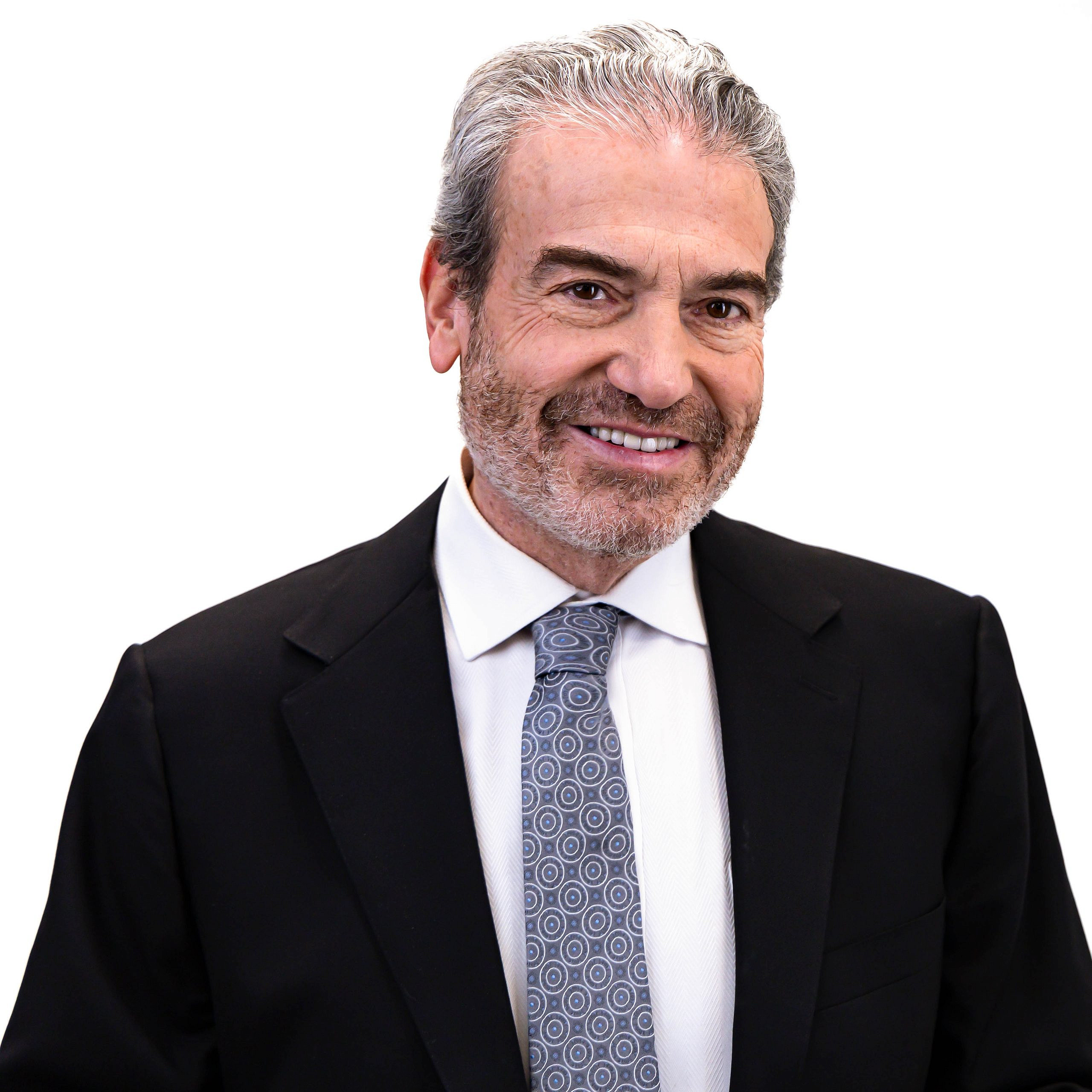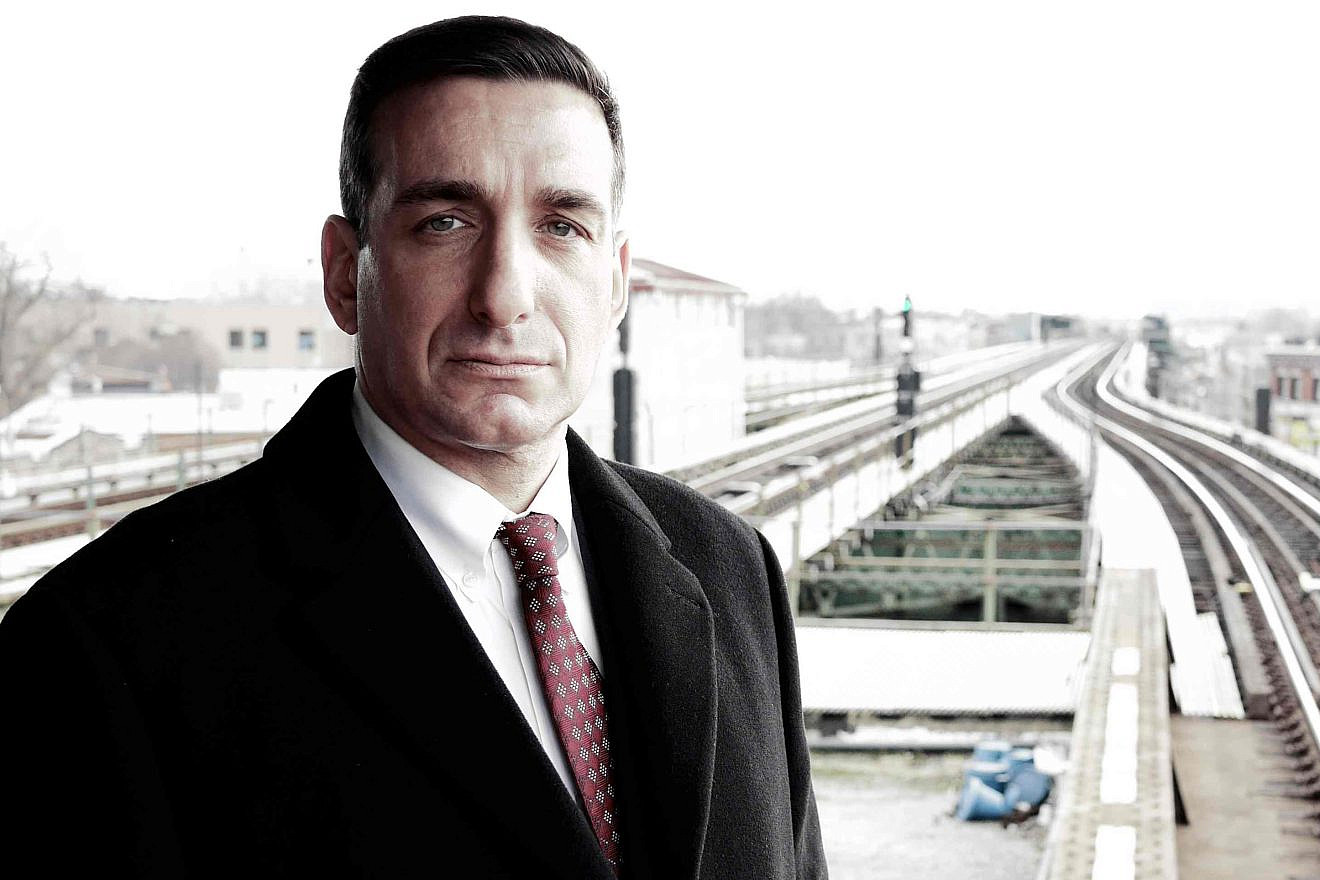Canadian Jewish leaders appeared to be indifferent to, or at least complacent about, Nazis living in the country after World War II, adding insult to the Canadian government waving Nazis in after the war and failing to prosecute them, a Nazi hunter and a former president of a Jewish organization told JNS.
Steven Rambam, a noted Nazi hunter, and Moshe Ronen, former head of the Canadian Jewish Congress, spoke to JNS after the Canadian government earlier this month declassified 15 pages of the “Rodal Report,” which relates to Nazis settling in Canada after the war.
Canada has “waited until every single mass murderer of Jews residing in Canada was literally or functionally beyond Canadian justice before releasing redacted documents,” Rambam told JNS.
Ronen, who led the Canadian Jewish Congress from 1998 to 2001, told JNS that Canadian Jewish leaders resisted the idea in the 1980s, when he was a student activist, to pressure Parliament to take action against former Nazis.
“There was a “sha-shtil kind of environment” in Canada, he said, using the Yiddish for “Sh. Quiet!”
“They thought ‘Never again’ was fine, but it was time to move forward, to maintain good relations with our government,” he said. He was told resources were better directed to advocating for Israel and combating antisemitism. “Of course, the standard argument was that, ‘We’re talking about an elderly population, and who’s going to prosecute these 80-year-old people?’” he said.
‘We were played’
When he was a Jewish communal leader, Ronen, motivated by his past activism and by his father having survived Auschwitz, discussed Nazis in Canada with then Canadian prime minister Jean Chrétien and Lawrence MacAulay, a parliamentarian who was then the solicitor general.
The government agreed to review “a number of cases” at the time, Ronen told JNS. “But it was a real struggle in Canada. I think Canada stood out as protecting Nazi war criminals—definitely foot dragging on this.”
He thinks accused Nazis received political and legal support from “certain communities,” some with Eastern European connections.
“It wasn’t a failed system or a poorly managed system but a complicit system, in which Canadian authorities simply chose not to pursue and not to correct errors. It’s clear we were played,” Ronen said. “I think if the evidence is compelling, Nazis still must be pursued. I think it’s a terrible stain on Canada. There is no statute of limitations on murder, especially on mass murder.”

Ronen also thinks that Canada risks repeating the same mistake, as its government discusses accepting Gazan refugees, which could also include war criminals.
“If we don’t learn our lessons, we’re not going to apply them to any challenges of immigration,” he said. “There are radical elements, in my view. Now it’s an actual danger.”
‘Ample opportunity’
Last September, Ottawa had an about-face after Prime Minister Justin Trudeau’s office invited a former Nazi soldier, Yaroslav Hunka, 98, to attend Ukrainian President Volodymyr Zelensky’s speech in Parliament. The House speaker hailed Hunka as a “Ukrainian hero, a Canadian hero” and thanked him for his service.
The government has vowed to redouble its vetting in the wake of the scandal.
The newly-released papers from the Rodal Report, which was assembled in 1985 and made public in a significantly-censored version in 1987, also contains embarrassing material about the Canadian government
A Ukrainian native and daughter of Holocaust survivors, the historian Alti Roda researched and compiled the documents, which were a key part of the wider initiative, of the country’s Deschênes Commission on war criminals. The report was the first to reveal the scope of Canadian acceptance of former Nazis during the Cold War era.
War criminals and Nazi collaborators had “ample opportunity” to enter Canada in the 1940s and 1950s, per the report.
“The Rodal Report—known officially as Nazi War Criminals in Canada: the Historical and Policy Setting from the 1940s to the Present, by Alti Rodal—provides information on the historical policies and circumstances that led to the presence of Nazi war criminals in Canada,” the Canadian government announced on Feb. 1.
“While additional information that is no longer sensitive due to the passage of time can now be released, some information still remains protected in accordance with the Access to Information Act and the Privacy Act,” it added.
‘Good character’
In 1967, Pierre Trudeau, then the justice minister and father of Canada’s current prime minister, opted not to strip a Latvian man, known as “Subject F,” of citizenship, though he received a death sentence in the Soviet Union for murdering 5,128 Jews.
The elder Trudeau, the newly-opened files reveal, saved Subject F from deportation and subsequent execution by ruling that he was not required to reveal his past prior to entry into Canada. “The applicant’s obligation is to satisfy the court that he is of good character,” wrote Trudeau, who would become prime minister the next year.
“He is not required to satisfy the court that he, at no time in his past, committed an opprobrious act,” Trudeau added.
The Canadian Jewish Congress sought in vain to have Subject F expelled. The man died in Toronto in 1983, per the report.
Justin Trudeau, the current prime minister, was asked at a press conference why the government didn’t unseal the records previously.
“I think people understand that this is both an important part of the historical record, but also one that has implications around privacy, around community cohesion, around the kind of country we are,” he said. “These decisions are ones that are taken responsibly and never lightly.”
Rambam told JNS that it was “the worst kept secret” that thousands of war criminals came into Canada with Jewish blood on their hands. In the 1990s, when he interviewed many of those people, they shamelessly admitted to having killed Jews, he told JNS.
“Not only did Canada know who these mass murderers were, but they actually kept track of them for a period of time,” Rambam told JNS. He added that the Canadian Jewish Congress, which no longer exists, also knew about the war criminals but didn’t act on the information.
Rambam told JNS that he shared information with the Jewish group after conducting his first undercover interview, in 1997, with the war criminal Antanas Kenstavicius, accused of murdering 5,000 Jews. When he turned information over to the Canadian Jewish Congress, the latter handed him a 1947 letter revealing where Kenstavicius lived and worked and details of his alleged crimes, Rambam said.
“One of the most demotivating, depressing moments of the entire experience for me was when I saw that the Jewish community representatives, the Jewish community leaders, had this letter in their files for 50 years and did nothing,” he said.
Kenstavicius was “one of a very few put on trial in Canada,” Rambam said. “He died on the way to court.”
“The fact of the matter is, if you’re a war criminal and you went to Canada, you made the right choice. You escaped justice. You’ve died in your own bed, unlike your million or so victims,” Rambam said.
If the Canadian government decides to “develop the political will” to prosecute the few living Nazis, “even the stupidest, most incompetent, most newly-minted attorney could stall that legal procedure until the war criminal on trial had been dead and buried for 10 years,” he added.
‘Primary dumping ground for Nazis’
John Loftus, 74, who was part of the special investigations office of the U.S. Justice Department in the late 1970s, was part of the prosecution and deportation of Nazi war criminals in the United States.
Loftus testified before the Deschênes Commission but “every word was censored,” he told JNS. Canada was the “primary dumping ground for Nazis.”
He thinks that 100,000 Nazis, who arrived in the Americas, were never brought to justice. To Canada’s embarrassment, the country didn’t know until the 1980s that Soviets had infiltrated the service it used to screen for Nazis entering Canada.
“It was a hideous screw up,” Loftus told JNS.


























